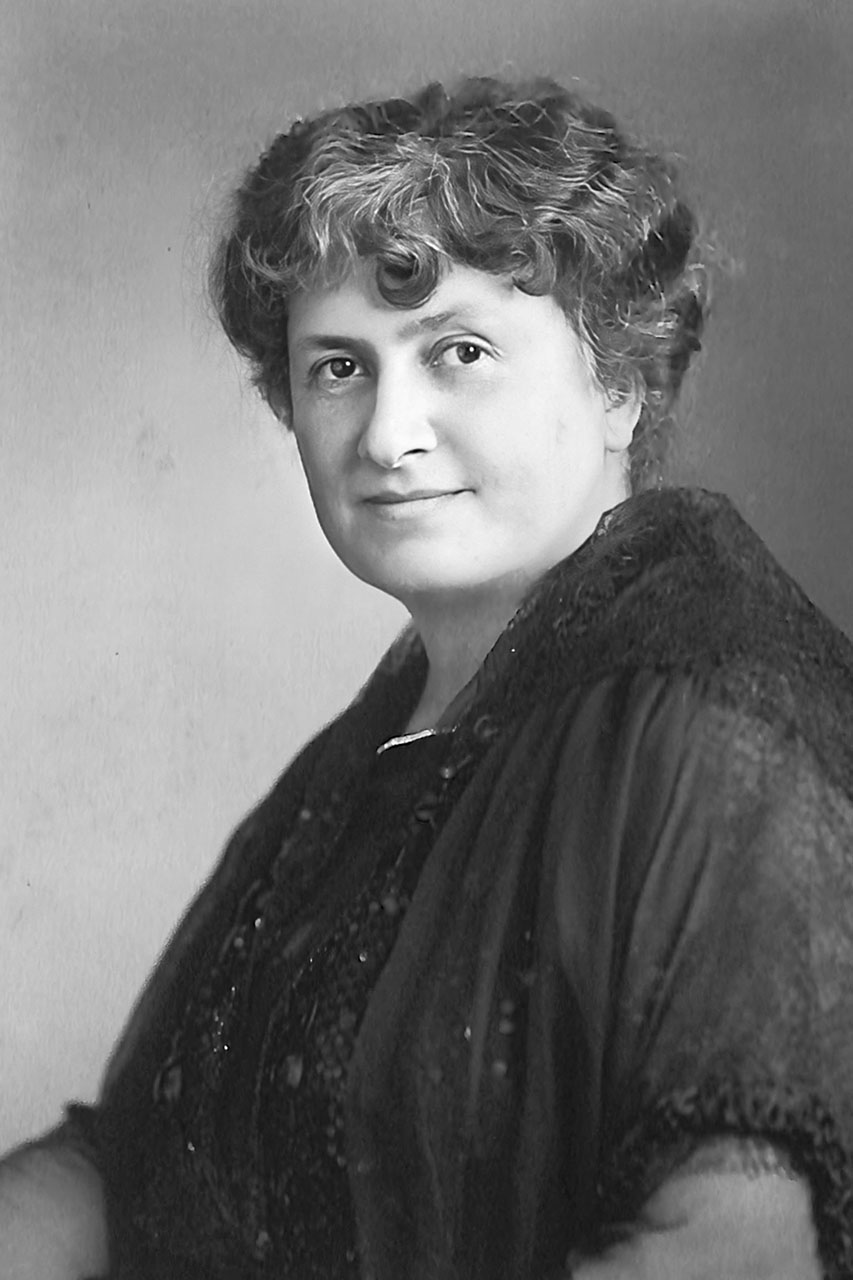Dr. Maria Montessori was an Italian physician and educator who is widely recognised as the
pioneer of Montessori pedagogy. She was the first woman to attend medical school in Italy and
graduated with honours in 1896. Her work as an assistant doctor required her to oversee children
who were special, and her observations of these children were fundamental to her future
educational work.
Dr. Montessori became convinced that children could learn and thrive if they were provided with
proper, child-sized, and age-appropriate learning tools. She designed learning materials and
implemented Montessori pedagogy at the Orthophrenic School of Rome, where her methods proved
extremely successful. She continued to develop her educational method over the next few years,
conducting anthropological research with Italian schoolchildren and pursuing independent study
in anthropology and educational philosophy.
In 1907, Dr. Montessori opened the first Montessori environment - Casa dei Bambini, a
“Children’s House” for children aged three to six from the San Lorenzo slum district of Rome.
Based on her observations, Montessori implemented a number of practices that became hallmarks of
her educational philosophy and method. The success of her pedagogy led to the opening of
numerous other Montessori schools.
Dr. Montessori's theories have played an important
role in child development in the educational field, and today her theories have withstood the
test of time. Her work as a scientist-practitioner was innovative and has had a long-lasting
influence. The result of her work is known globally as the Montessori Method, which is the
"single largest pedagogy" in the world with more than 15,000 schools on six continents.
